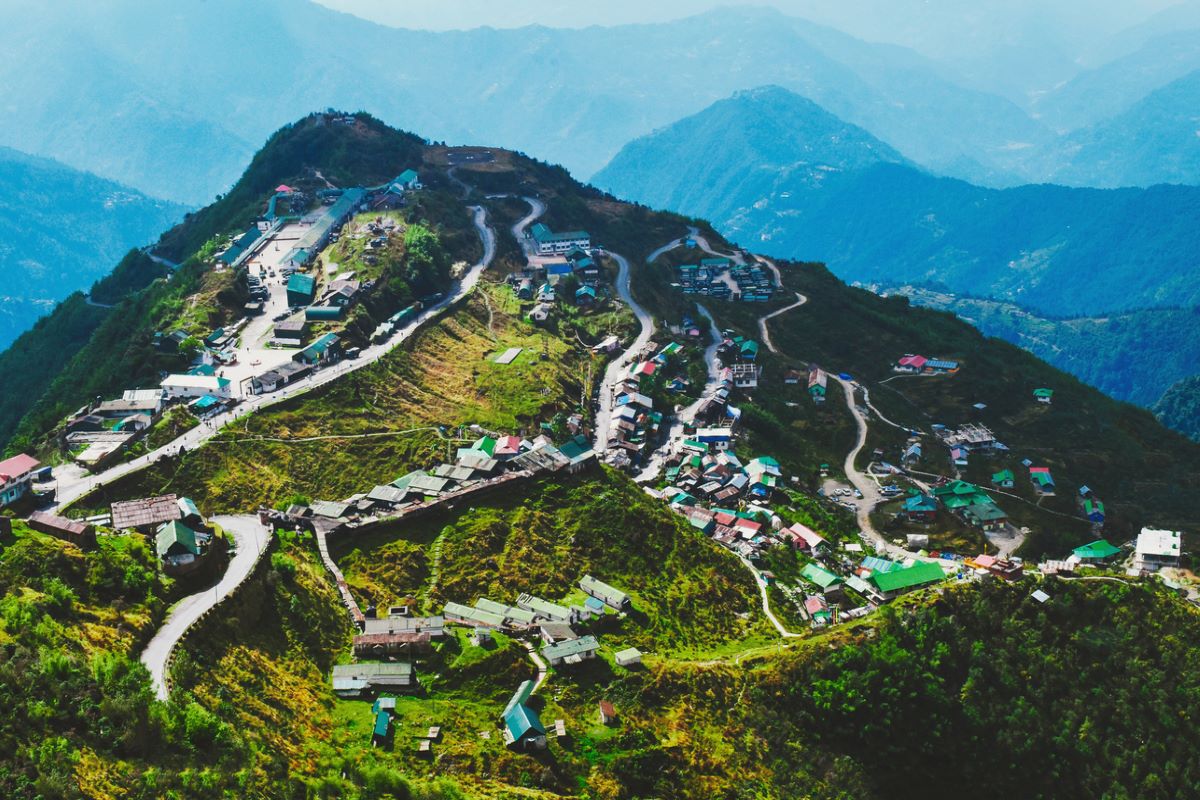On Amit Shah’s ‘Kingpin of Corruption’ charge, Sharad Pawar fires back with ‘banished from Gujarat’ jab
Pawar hit back at the Home Minister, reminding him of his expulsion from Gujarat in 2010.

representational image /Sikkim (iStock photo)
Reinforcing the bond between nature and local communities, a small Himalayan state in India, Sikkim, has taken up a novel initiative to reinforce this timeless association.
Under the government-monitored programme “Mero Rukh Mero Santati” (MRMS) (My Tree My Child), 100 trees will be planted for every newborn baby in Sikkim, one of the first such programmes in the Eastern Himalayas.
“This initiative aims to reinforce the age-old bond of our society with nature. It aims to co-create an ecosystem where both the tree and the child are able to reach towards a brighter tomorrow that promises vitality, health and happiness,” says Pradeep Kumar, the Secretary of the State Forest Department.
Advertisement
To ground this voluntary initiative, various departments of the state government will converge to felicitate seamless service to new parents right from enrolment to planting and aftercare.
“ASHA, Anganwadi workers, gram panchayats, urban local bodies and department staff will felicitate the onboarding of parents,” says Mr Kumar.
An idea conceptualised by the state’s Chief Minister Prem Singh Tamang (Golay), he has urged parents of newborn babies to take up this voluntary initiative.
For smooth registration to avail of the scheme, a “hi” or a “hello” message can be sent on a WhatsApp number, following which a link will be provided, which needs to be filled in by the parents. After successful registration, the parents will receive a congratulatory message on mobile or email from the Chief Minister.
“During the enrolment process information pertaining to choices of species, number of plants, location etc needs to be indicated. Based on this, the Forest department will contact the parents during the favourable plantation season or Santati Saptah during the month of July,” Mr Kumar says.
He further says that north trees can be planted either on private land, community land or nearby forest.
Department officials have confirmed that 2400 couples have confirmed their participation in the MRMS scheme as of 25 May. Namchi district has the highest enrolment of 724, followed by Gangtok district at 524, Pakyong district at 482, Soreng district at 309 and Mangan at 127.
To make sure that the programme reaches out to the grassroots level, the Forest Department will coordinate with the state health department by comparing the data with the birth registration certificate.
Sushmita Chettri, a parent of a child who has availed of this programme says, “We want our children to grow alongside nature imbibing our tradition of worshipping trees and to sensitise kids on modern challenges of climate change and global warming.”
This shift in paradigm in the conservation of forests has started to change the notion from forests being seen as government property to now having a sense of ownership and belongingness to the local communities.
“This is a commendable initiative by the Govt of Sikkim, considering the threat posed by climate change and climate disasters. This initiative will motivate people to conserve nature and specifically, it will encourage the young generation, grass-roots level workers and conservationists,” says environmentalist Kamal Kumar Tanti, Director (R&D), Centre for Environment and Climate Action Foundation.
He has also suggested training the people first for maintaining the tree saplings before going for large-scale implementation of such a programme.
Advertisement